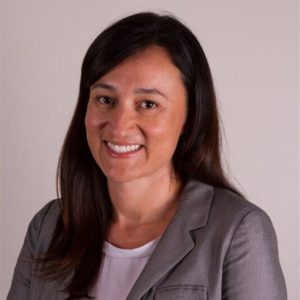The Hospital Research Foundation (THRF) recently announced $5.7 million worth of research grants, and A/Prof Maria Inacio was one of the lucky few to be awarded a fellowship.

Every year more than 10% of older Australians use government subsidised aged care services. As providers of aged care services support, the Commonwealth government monitors the individuals seeking aged care services, the assessments they undergo, waiting times for services, and eventually the services provided. However, they do not monitor their safety and quality, key elements that affect the wellbeing of older Australians’ and challenge the sustainability of the sector. Concerns regarding the incidence of premature mortality, practice of evidence-based care, neglect, staffing ratios, and appropriate models of care, have become increasingly prevalent in both the academic literature and public debate.
To evaluate service systems and support the creation and implementation of evidence-based quality improvement initiatives in aged care, we first require population-based health surveillance measures and a better understanding of unwarranted variation. Quality improvement tools, like prognostic models based on large datasets (e.g. risk profiling), provide an opportunity for providers and participants to reflect on modifiable risk factors and best care pathways and action plans. Together the implementation of a monitoring system, development of risk profiling tools, and rigorous research are required to improve quality and safety of services provided to older Australians.
Maria and her team’s work leverages the Registry of Older South Australians (ROSA), Australia’s first large scale resource to monitor the health and wellbeing of older individuals in the aged care sector. Over the fellowship period Maria and her team will work to create the evidence base needed to improve the quality and safety of aged care services provided to older Australians.
